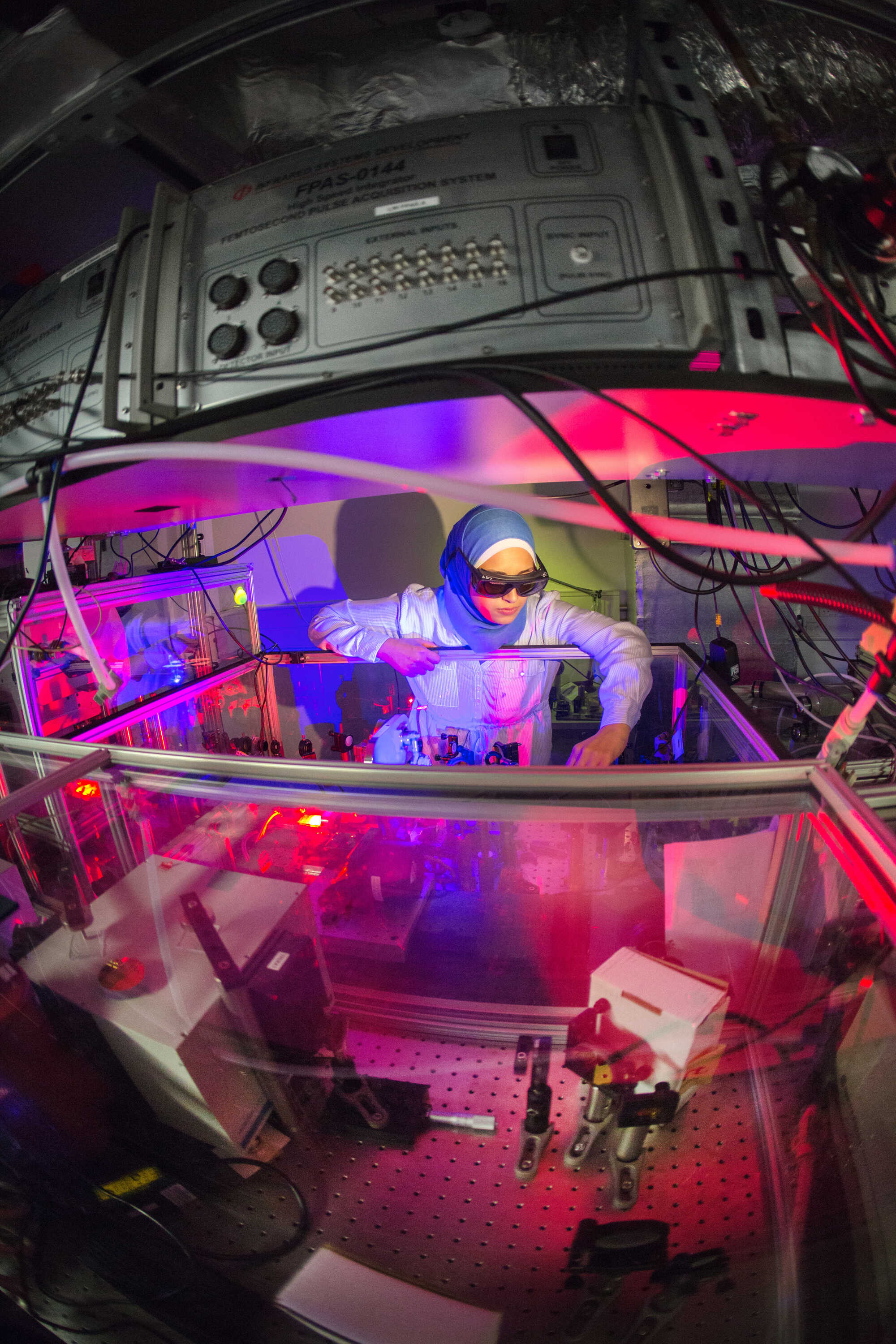 Specific research fields or research programmes may be targeted, and collaboration can provide easy access to people, IT networks, and participation in research which may be sensitive or have sensitive applications.
Specific research fields or research programmes may be targeted, and collaboration can provide easy access to people, IT networks, and participation in research which may be sensitive or have sensitive applications.
Individual academic or research staff may also be targeted, be that through an overseas government, academic institution, or through a commercial partner. This may happen by engagement at a research conference or through academic visits or research placements.
Most research will not have sensitive application and so will not be a cause for concern but being clear on which areas of research are sensitive is critical. Consider whether your research is commercially sensitive, has potential for patent protection, is or could be related to sensitive defence or national security technology, and/or could have a second use in military/defence applications (dual-use). Be aware of what is most sensitive in your work, as this is most likely to be a potential target.
Contact
Please contact the Research Security Team if you have questions.